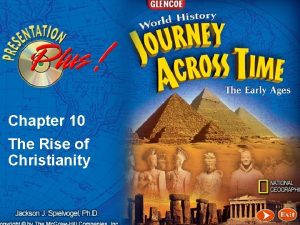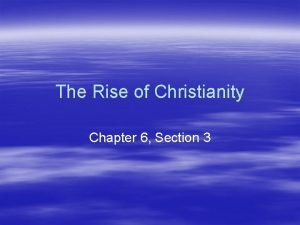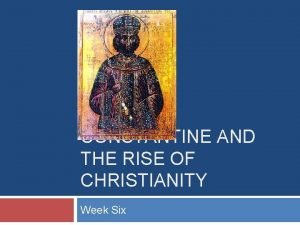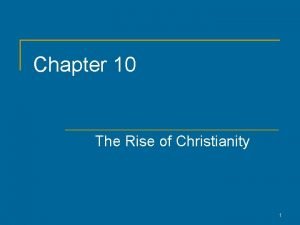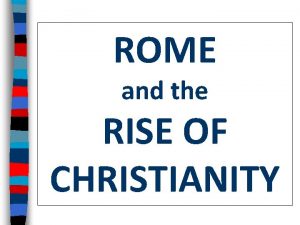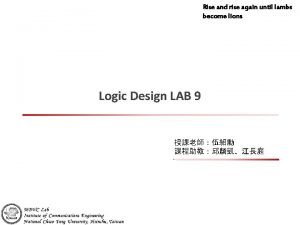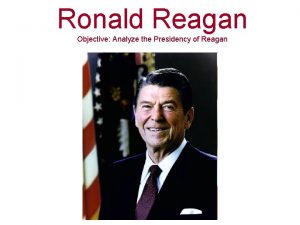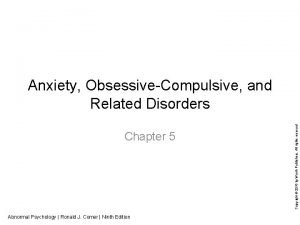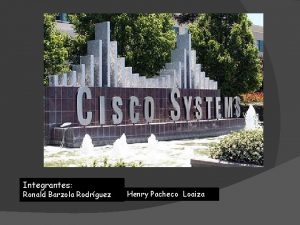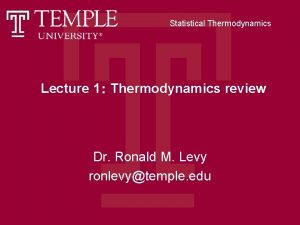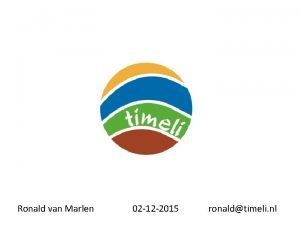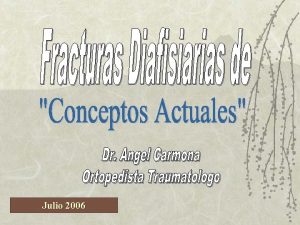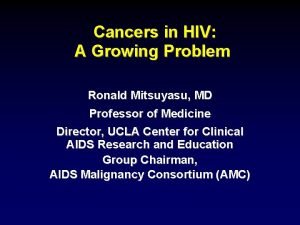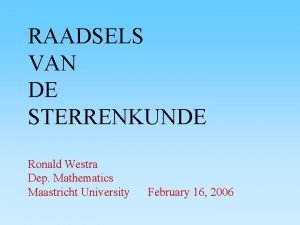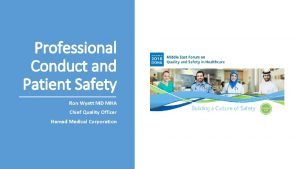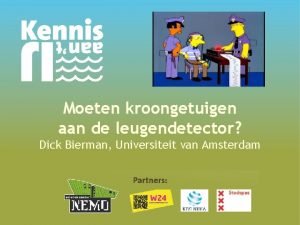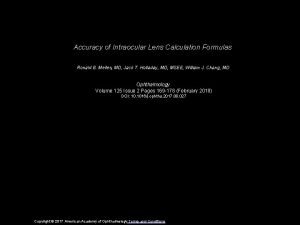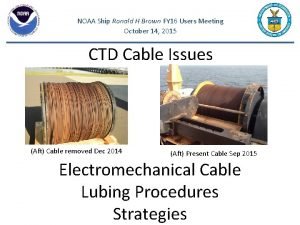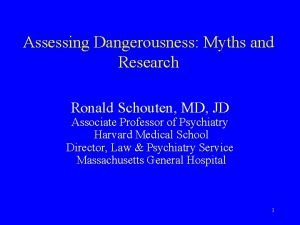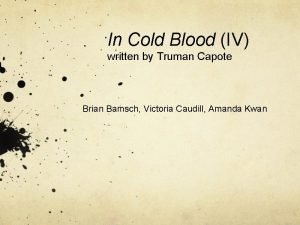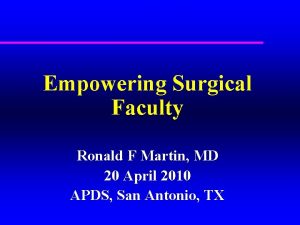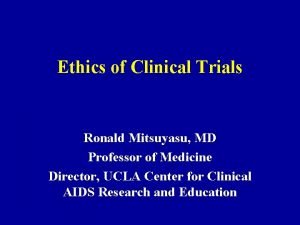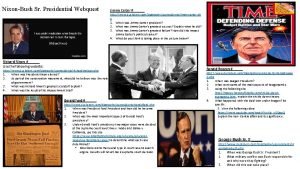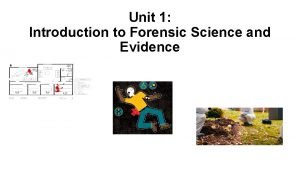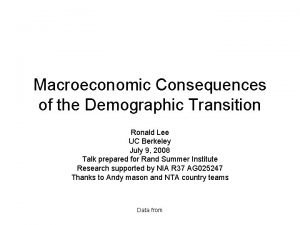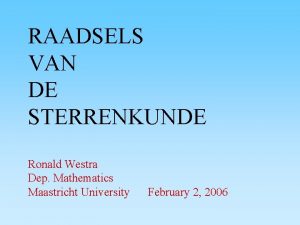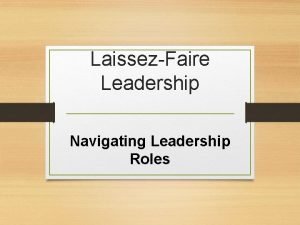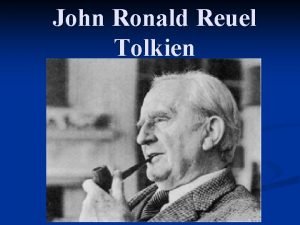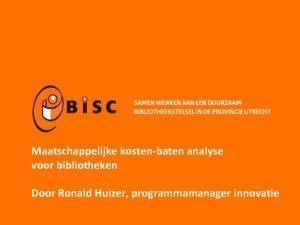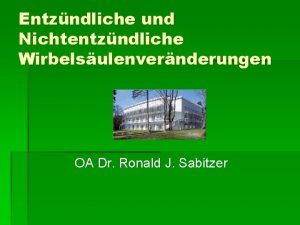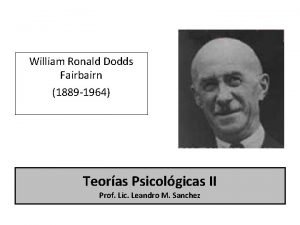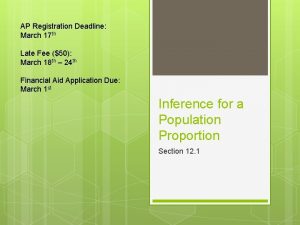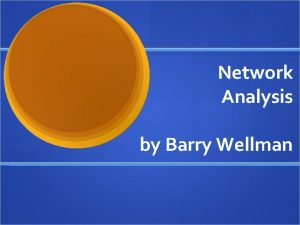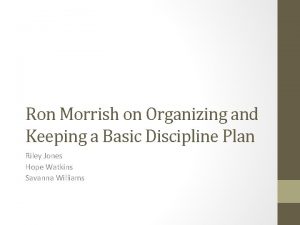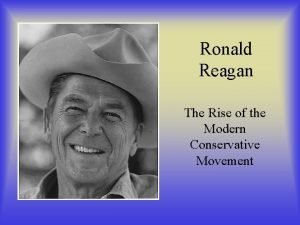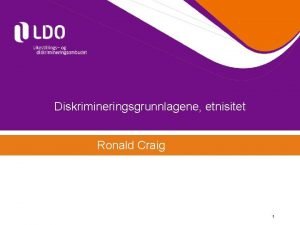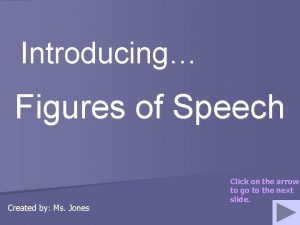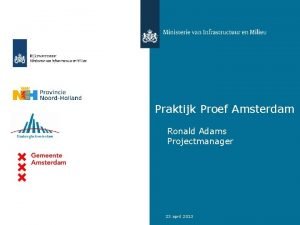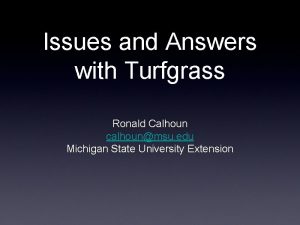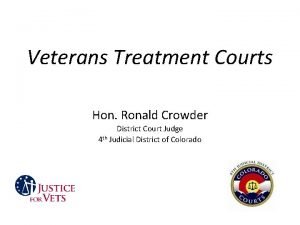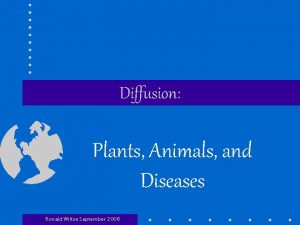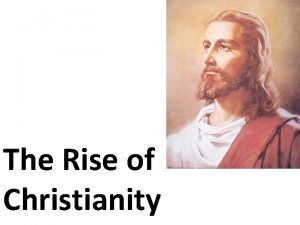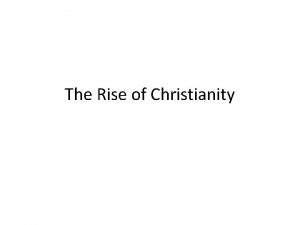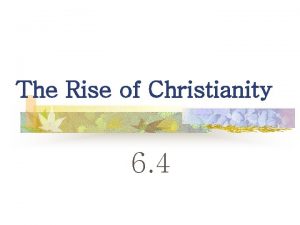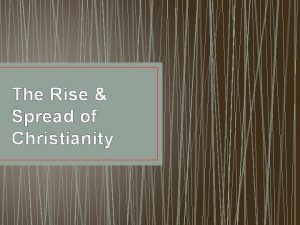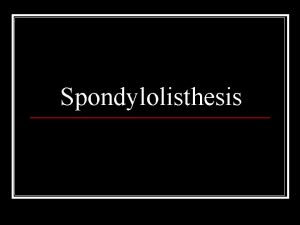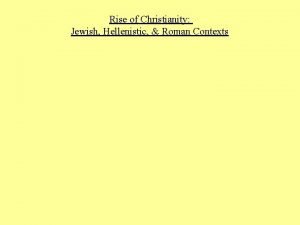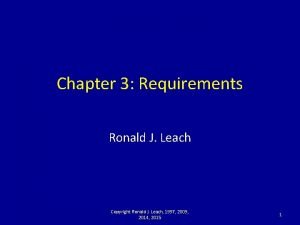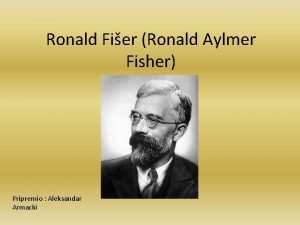The Rise of Christianity Ronald Wiltse 2007 A


































































- Slides: 66


The Rise of Christianity Ronald Wiltse 2007

A. Introduction: What is the Bible? 1. The Old Testament

A. Introduction: What is the Bible? 1. The Old Testament 2. The New Testament Jewish Bible (Old Testament) + New Testament Christian Bible n Jewish Bible called the Old Testament by Christians n Jewish Bible was the Bible for Jesus and early Christians

B. Judaism was a thorn in the Roman Empire. 1. The core Jews lived in Palestine.

B. Judaism was a thorn in the Roman Empire. 1. The core Jews lived in Palestine. 2. Other Jews were dispersed throughout the Roman Empire (the Diaspora).

Those pesky Jews. . . Israel in the eastern Roman Empire

The Jews lived not only in Palestine, but elsewhere: Where the Jews lived In the Empire

Ejecting the Jews from Palestine: the diaspora The record on the Arch of Titus

Ejecting the Jews from Palestine: the diaspora The record on the Arch of Titus

…Jesus is born in Bethleham. Adoration of the Magi, by Giorgione (National Gallery, Washington)

C. Who was Jesus? 1. Who did Jesus say he was?

C. Who was Jesus? 1. Who did Jesus say he was? a. the Son of God

C. Who was Jesus? 1. Who did Jesus say he was? a. the Son of God b. the Christ

C. Who was Jesus? 1. Who did Jesus say he was? a. the Son of God b. the Christ/the Messiah

C. Who was Jesus? 1. Who did Jesus say he was? a. the Son of God b. the Christ/the Messiah 2. His mission:

C. Who was Jesus? 1. Who did Jesus say he was? a. the Son of God b. the Christ/the Messiah 2. His mission: to bring humans back to God

C. Who was Jesus? 1. Who did Jesus say he was? a. the Son of God b. the Christ/the Messiah 2. His mission: to bring humans back to God 3. His method:

C. Who was Jesus? 1. Who did Jesus say he was? a. the Son of God b. the Christ/the Messiah 2. His mission: to bring humans back to God 3. His method: listening to the Father

Jesus learning carpentry from his father painting by Holman Hunt

Jesus found, about his Father’s business painting by Edward Millais

Jesus told parables The Prodigal Son, by Rembrandt

D. Jesus was executed by the Romans.

Jesus Rising from His grave Painting by Mattias Gruenewald

E. The early church was founded by Jesus’ followers.

E. The early church was founded by Jesus’ followers. 1. At first all Christians were Jews.

Paul on his way to Damascus is blinded and hears a voice Michelangelo, Conversion of St. Paul

Paul on his way to Damascus is blinded and hears a voice Carravaggio, The Conversion Of Paul

E. The early church was founded by Jesus’ followers. 1. At first all Christians were Jews. 2. Then, Christian leaders included all people (Paul and the separation from Judaism).

The Church leaders decide the message of Jesus is for all people, not just Jews. For 250 years, Christian missionaries could travel peacefully throughout the Empire. Why? “In the fullness of time God sent His Son. . . ” Paul, in his letter to the Galatians

Paul helps spread the Good News across the Roman Empire. Paul’s 1 st & 2 nd Paul’s first and Second Missionary Journeys

F. In the second century the Church went through two fundamental changes, rejecting salvation by grace in favor of salvation by

F. In the second century the Church went through two fundamental changes, rejecting salvation by grace in favor of salvation by 1. good behavior, and

F. In the second century the Church went through two fundamental changes, rejecting salvation by grace in favor of salvation by 1. good behavior, and 2. correct knowledge

G. The Christian church overcame its opponents.

G. The Christian church overcame its opponents. 1. The Roman government sometimes persecuted Christians.

G. The Christian church overcame its opponents. 1. The Roman government sometimes persecuted Christians. a. the fish symbol

Christian symbols develop. . .

Christian symbols develop. . . Jesus Christ, Son of God, Savior [O 1 KG

Christian symbols develop. . . Jesus Christ, Son of God, Savior [O 1 KG

Christian symbols develop. . . Jesus Christ, Son of God, Savior [O 1 KG

G. The Christian church overcame its opponents. 1. The Roman government sometimes persecuted Christians. a. the fish symbol b. the cross symbol

G. The Christian church overcame its opponents. 1. The Roman government sometimes persecuted Christians. a. the fish symbol b. the cross symbol c. the Chi-Rho symbol

Christian symbols develop. . .

Christian symbols develop. . .

G. The Christian church overcame its opponents. 2. the Church Fathers overcame Hellenistic philosophy.

G. The Christian church overcame its opponents. 2. the Church Fathers overcame Hellenistic philosophy. 3. Emperor Constantine made Christianity the favored religion of the state.

G. The Christian church overcame its opponents. 2. the Church Fathers overcame Hellenistic philosophy. 3. Emperor Constantine made Christianity the favored religion of the state. a. Now the church became wealthy and powerful.

Constantine: By this you shall conquer From the papal apartments, Vatican City

Constantine: legality, the challenge of wealth, and the challenge to the Pope Medieval people believed that this was Constantine (the only Roman equestrian statue to survive from ancient times). Actually, it is Marcus Aurelius.

…A Converted British Family Sheltering a Christian Priest from the Druids painting by Holman Hunt

The double-edged sword: accepting Constantine’s offer of wealth The Road Leading Downhill Into Rome, over which St. Peter’s Basilica was built so that the spot believed to be where Peter was buried would be under the altar.

Geopolitics: the influence of geography on political events

Where is the best geopolitical location for Constantine’s new capital?

Where is the best geopolitical location for Constantine’s new capital?

The geopolitical location of choice: the entrance to the Bosphorus The Black Sea The Aegean Sea

The geopolitical location of choice: the entrance to the Bosphorus The Black Sea The Aegean Sea

The geopolitical location of choice: the entrance to the Bosphorus The Black Sea The Bosphorus Today

The geopolitical location of choice: the entrance to the Bosphorus

The geopolitical location of choice: the entrance to the Bosphorus Where along the Bosphorus is the best location?

The geopolitical location of choice: the entrance to the Bosphorus Here. Why?

The exact place: south of the Golden Horn Why is this such a good place geopolitically?


Rome versus Constantinople: the universal church versus the correct church (catholic) (orthodox) Church division after 325

G. The Christian church overcame its opponents. 2. the Church Fathers overcame Hellenistic philosophy. 3. Emperor Constantine made Christianity the favored religion of the state. a. Now the church became wealthy and powerful. b. The church eventually became a persecutor of others.

H. The church turned against Jews.
 Wiltse classification
Wiltse classification Chapter 10 the rise of christianity
Chapter 10 the rise of christianity Chapter 6 section 3 the rise of christianity answer key
Chapter 6 section 3 the rise of christianity answer key The rise of constantine
The rise of constantine Chapter 10 the rise of christianity
Chapter 10 the rise of christianity Rome and the rise of christianity
Rome and the rise of christianity Raise and rise again until lambs become lions
Raise and rise again until lambs become lions A union b example
A union b example Sheep become lions
Sheep become lions Tricky dicky richard nixon
Tricky dicky richard nixon Tom said i want to visit my friends this weekend
Tom said i want to visit my friends this weekend Ronald reagan 1981
Ronald reagan 1981 Ronald adams screenwriter
Ronald adams screenwriter Ronald reagan reaganomics
Ronald reagan reaganomics John ronald reuel tolkien pronunciation
John ronald reuel tolkien pronunciation Dr ronald lev
Dr ronald lev Ronald cornet
Ronald cornet Abnormal psychology chapter 5
Abnormal psychology chapter 5 Ronald barzola
Ronald barzola Dochters ids postma
Dochters ids postma Ronald temple
Ronald temple Ronald van marlen
Ronald van marlen Clasificacion johner y wruhs
Clasificacion johner y wruhs Ronald mitsuyasu
Ronald mitsuyasu Interim benefits
Interim benefits Ronald westra
Ronald westra Snaar theorie
Snaar theorie Ronald mathieu
Ronald mathieu Ron wyatt md
Ron wyatt md Betrouwbaarheid leugendetector
Betrouwbaarheid leugendetector Dr ronald melles
Dr ronald melles Ronald mitsuyasu
Ronald mitsuyasu Fundamentals of abnormal psychology ninth edition
Fundamentals of abnormal psychology ninth edition Ronald h brown ship
Ronald h brown ship Ronald schouten
Ronald schouten Who is don cullivan in cold blood
Who is don cullivan in cold blood Ronald martin md
Ronald martin md Ronald mitsuyasu
Ronald mitsuyasu Presidential webquest
Presidential webquest Ronald morgan goes to bat
Ronald morgan goes to bat Ronald cotton bobby poole
Ronald cotton bobby poole Ronald tamler
Ronald tamler Ron resmini
Ron resmini Ronald lee in advancing
Ronald lee in advancing Ronald westra
Ronald westra Las faire leadership
Las faire leadership John ronald reuel tolkien
John ronald reuel tolkien Fun facts about ronald reagan
Fun facts about ronald reagan Ronald huizer
Ronald huizer Dr. ronald sabitzer
Dr. ronald sabitzer Ronald veryu
Ronald veryu William ronald dodds fairbairn
William ronald dodds fairbairn Gloria chavez and ronald flynn
Gloria chavez and ronald flynn Ella jane fitzgerald
Ella jane fitzgerald Dr ronald nagel
Dr ronald nagel Ronald breiger
Ronald breiger Morrish’s real discipline
Morrish’s real discipline Ronald reagan
Ronald reagan Banifilina
Banifilina Ronald craig
Ronald craig Ronald van der horst
Ronald van der horst Personification meaning
Personification meaning Ronald adams
Ronald adams Ronald calhoun
Ronald calhoun No man ever followed his genius
No man ever followed his genius Ronald crowder
Ronald crowder Steve jobs, steve wozniak, and ronald wayne
Steve jobs, steve wozniak, and ronald wayne

